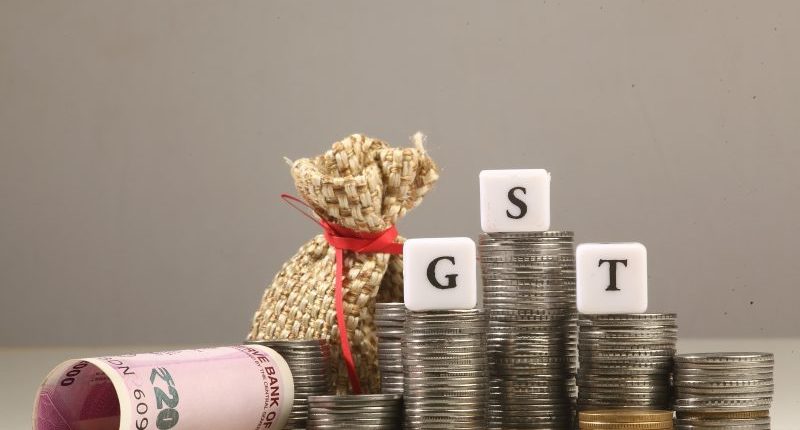The Goods and Services Tax (GST) Council took several decisions during the 45th Council meeting on 17th September 2021. One of the decisions is to restrict Input Tax Credit (ITC) claims. Let’s look at that decision along with the impact.
What was the Council’s decision?
Excerpt from the press release:
“Rule 36(4) of CGST Rules, 2017 to be amended once the proposed clause (aa) of Section 16(2) of CGST Act, 2017 is notified to restrict the availment of ITC in respect of invoices/ debit notes, to the extent the details of such invoices/ debit notes are furnished by the supplier in FORM GSTR-1/ IFF and are communicated to the registered person in GSTR-2B.”
What is Section 16(2)(aa) of the CGST Act 2017?
Section 16(2)(aa) was introduced in Finance Act, 2021. However, it is not notified till now.
Section 16(2)(aa) says that invoices or debit notes referred to in Section 16(2)(a) are furnished by the supplier in the GSTR-1. Such details have been communicated to the recipients in the manner specified under Section 37.
In simple words, the supplier should furnish details of all invoices and debit notes in GSTR-1. In turn, the same information will be reflected in GSTR-2B.
What is the impact on CGST Rule 36(4)?
The CGST Rule talks about provisional ITC, i.e., claiming more ITC than what is available in GSTR-2A/2B. The Council said that CGST Rule 36(4) would be amended once Section 16(2)(aa) is notified to keep both of them aligned.
Once this happens, the concept of provisional ITC will be the end, and a taxpayer can not avail of ITC more than what is available in the GSTR-2B.
What is the overall impact for a taxpayer?
The government intention is to match the sales details reported by the supplier, and the ITC claimed by the recipient. This move would ensure that ITC claimed by a recipient is genuine only, and the suppliers have deposited the taxes collected from the buyer to the exchequer.
Since October 2019, the government has reduced provisional ITC from 20% to 5%.
The announcement on aligning CGST Rule 36(4) with Section 16(2)(aa) of the CGST Act throws light on the government’s intention to restrict ITC availability only to matched credit.
The Central and state governments focus on tightening the rules when they can not raise tax rates to boost revenue receipts. Also, denying ITC for vendors’ fault would force businesses to transact only with law-abiding suppliers.
Join our Telegram channel to keep getting updates on all things finance.
For any clarifications/feedback on the topic, please contact the writer at dvsr.anjaneyulu@cleartax.in
DVSR Anjaneyulu known as AJ, is a Chartered Accountant by profession. Loves to listening to music & spending time with family and friends.





